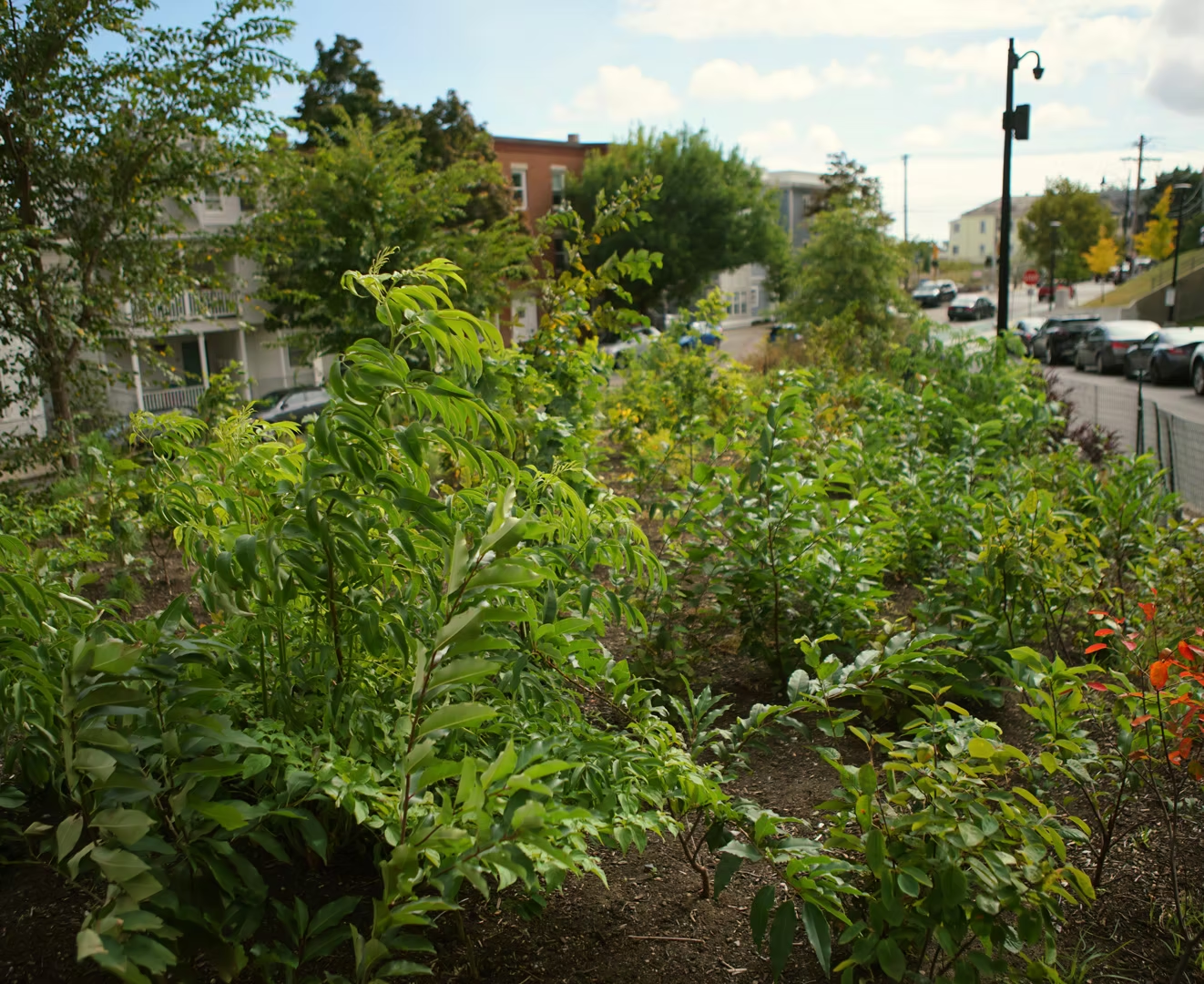
For More Information and Registration, go to their website HERE
Across the Northeast, communities face ecological disruption—rising temperatures, shrinking habitats, degraded soils, and stormwater runoff. But there’s growing momentum: more people are planting miniforests using the Miyawaki Method—or adapting it—to restore life to cities, schoolyards, parks, and vacant lots.
Featuring more than a dozen speakers across two virtual half-days and an in-person bus tour, the 2025 Northeast Miniforest Summit brings together practitioners, researchers, and leaders from diverse fields—including landscape architects, scientists, and community organizers—to unpack the method from root to canopy.
Miniforests are more than trees—they amplify a web of relationships. This summit plants seeds for stronger connections, collective action, and resilient ecosystems. It’s a response to the energy of those eager to help restore Earth, and a step toward a shared path forward rooted in collaboration.
Day 1: Thursday, July 24, 2025
12 pm – 4:30 pm ET | Zoom
• Overview of Bio4Climate’s Miyawaki Forest Program & The Miniforest as a Microcosm for Learning How Nature Works
• The Miyawaki Method: Past, Present, Future
• Stories from the Field: Miniforests in Cities, Schools, and Farms in Northeast U.S.
• Story Share Circles & Networking (Breakout Rooms)
• From Asphalt to Miniforest: Transforming Impervious Surfaces to Manage Stormwater Runoff and the Heat Island Effect
• Using the Miyawaki Method to Empower Agroecology and Food Forestry
Day 2: Friday, July 25, 2025
9 am – 2 pm ET | Zoom
• Miniforests as a Part of the Homegrown National Park
• Scientific Research (Current and Emerging) around Miniforests in Northeast U.S.
• A Brief Discussion on the Life-Cycle of a Miniforest Project: Initiating, Creating, Stewarding & Educating
• Story Share Circles & Networking (Breakout Rooms)
• The Miyawaki Method vs. Ecology of Place: The Importance of Experimentation and Curiosity in Canada’s Miniforest Network